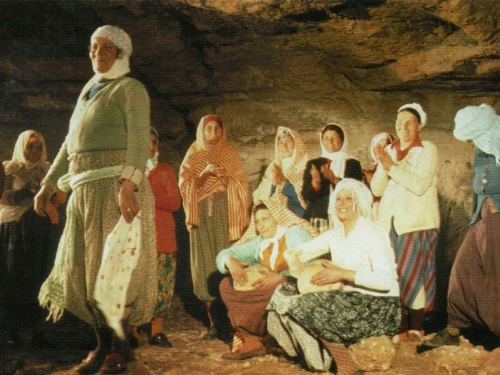
Ce soir aurait été la soirée d’ouverture de la 19ème édition du Festival Courtisane à Gand. En raison de la rapide propagation du virus COVID, les organisateurs du festival ont été contraints d’annuler entièrement l’évènement, y compris la première partie du programme Out of the Shadows. À l’occasion de ce programme, Courtisane, Sabzian et le KASK School of Arts ont uni leurs efforts pour rédiger une publication d’accompagnement, axée sur le travail de cinq femmes cinéastes arabes : Atteyat Al-Abnoudy, Selma Baccar, Assia Djebar, Jocelyne Saab et Heiny Srour. La sortie effective de la publication n’étant pas claire pour le moment, Sabzian en publie un premier texte, de la cinéaste et écrivain algérienne Assia Djebar (1936-2015). Assia Djebar : « Le cinéma pour moi n’est ni un « métier » – au sens d’une carrière –, ni une « vocation » – au sens d'un appel. Quoi donc, pour moi qui ai réalisé un premier long-métrage peu après l’âge de quarante ans, puis un second, peu après quarante-cinq ans. »